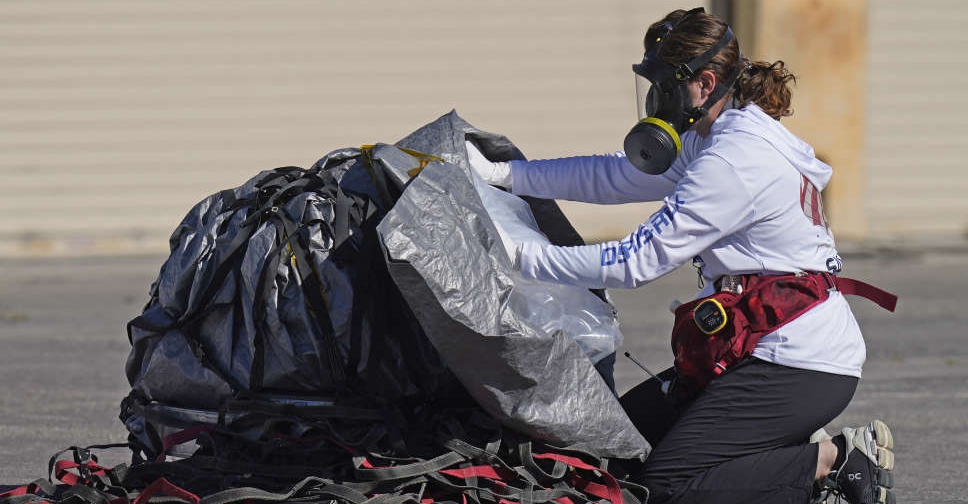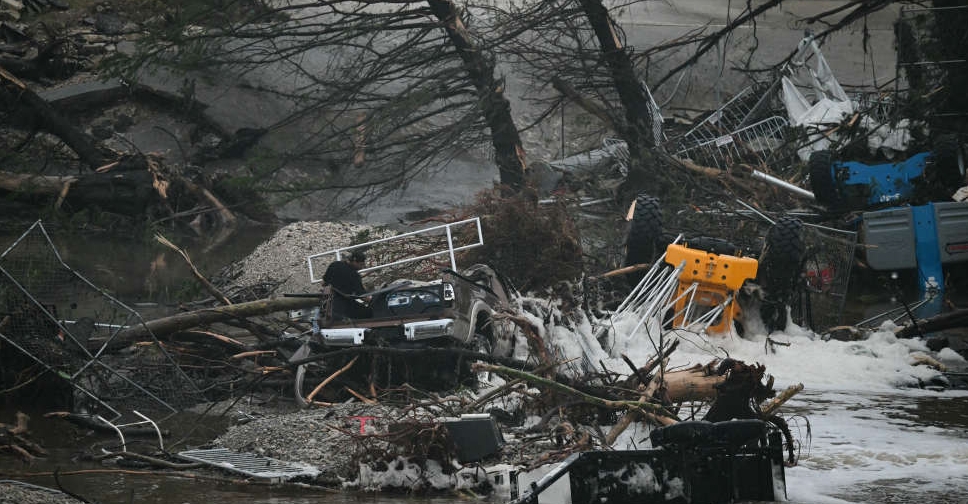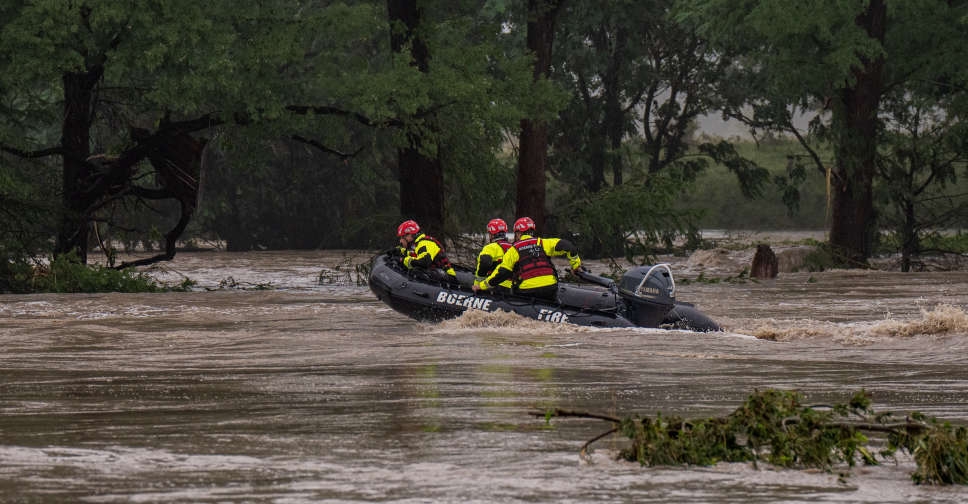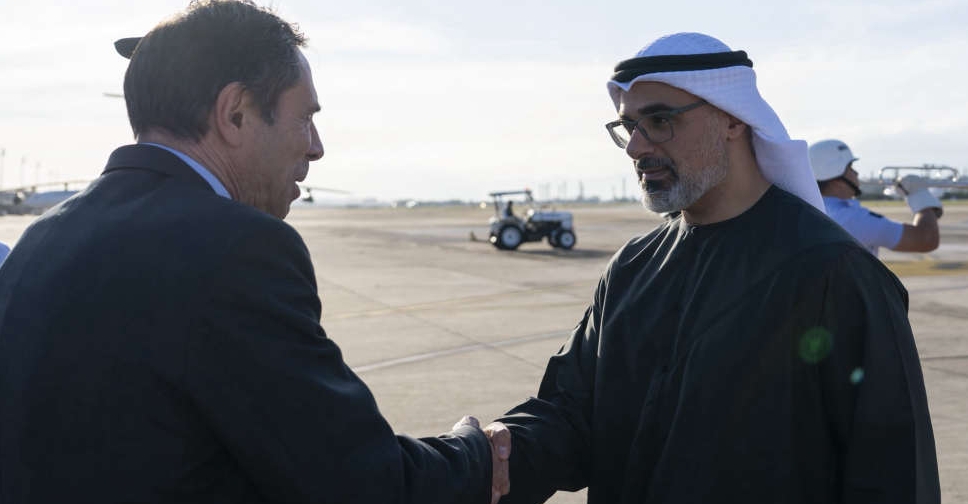
NASA was set on Wednesday to provide a first peek for the public at what scientists found inside a tightly sealed canister that was returned to Earth last month carrying the largest soil sample ever scooped up from the surface of an asteroid.
The material collected by the OSRIS-REx spacecraft three years ago from the near-Earth asteroid Bennu was to be unveiled at NASA's Johnston Space Center in Houston, a little more than two weeks after it was parachuted into the Utah desert.
The landing of the return capsule capped a six-year joint mission of the US space agency and the University of Arizona. It was only the third asteroid sample, and by far the biggest, ever returned to Earth for analysis, following two similar missions by Japan's space agency ending in 2010 and 2020.
Like other asteroids, Bennu is a relic of the early solar system. Because its present-day chemistry and mineralogy are virtually unchanged since forming some 4.5 billion years ago, it holds clues to the origins and development of rocky planets such as Earth, and perhaps even the evolution of life.
The capsule and its contents were initially examined in a "clean room" at the Utah Test and Training range near the landing site. The capsule was then flown to the Johnson center, where its inner canister was opened in order for samples to be parceled into smaller specimens promised to some 200 scientists in 60 laboratories around the world.
At the time it landed, the Bennu sample was estimated to weigh about 100 to 250 grams.
NASA was expected to announce a more precise measurement on Wednesday, along with a confirmation of whether the goal of collecting a pristine sample, totally free of terrestrial contamination, was achieved.
Physical characteristics such as the material's density, colour and form - whether consisting of rocks, pebbles, fine grains or dust - are also expected to be revealed.
Samples returned in 2020 by the Japanese mission Hayabusa2 from Ryugu, another near-Earth asteroid, were found to contain two organic compounds, buttressing the hypothesis that celestial objects such as comets, asteroids and meteorites that bombarded early Earth seeded the young planet with the primordial ingredients for life.
Bennu, a small, carbon-rich body discovered in 1999, appears to be made up of a loose collection of rocks, like a rubble pile, according to scientists. It measures about three-tenths of 500 meters across, making it slightly wider than the Empire State Building is tall but tiny compared with the Chicxulub asteroid that struck Earth some 66 million years ago, wiping out the dinosaurs.
OSIRIS-REx launched in 2016 and reached Bennu in 2018, then spent nearly two years orbiting the asteroid before venturing close enough to snatch a sample of the loose surface material with its robotic arm on October 20, 2020.
NASA is due to launch a separate mission on Thursday to a more distant asteroid called Psyche, a metal-rich body believed to be the remnant core of a protoplanet and the largest known metallic object in the solar system.


 Israel sends delegation to Qatar for Gaza talks ahead of Netanyahu trip to US
Israel sends delegation to Qatar for Gaza talks ahead of Netanyahu trip to US
 Death toll from Texas floods reaches at least 50; dozens still missing
Death toll from Texas floods reaches at least 50; dozens still missing
 Musk announces forming of 'America Party' in further break from Trump
Musk announces forming of 'America Party' in further break from Trump
 Leaders of growing BRICS group gather for Rio summit
Leaders of growing BRICS group gather for Rio summit
 At least 24 dead in Texas flash flooding
At least 24 dead in Texas flash flooding




